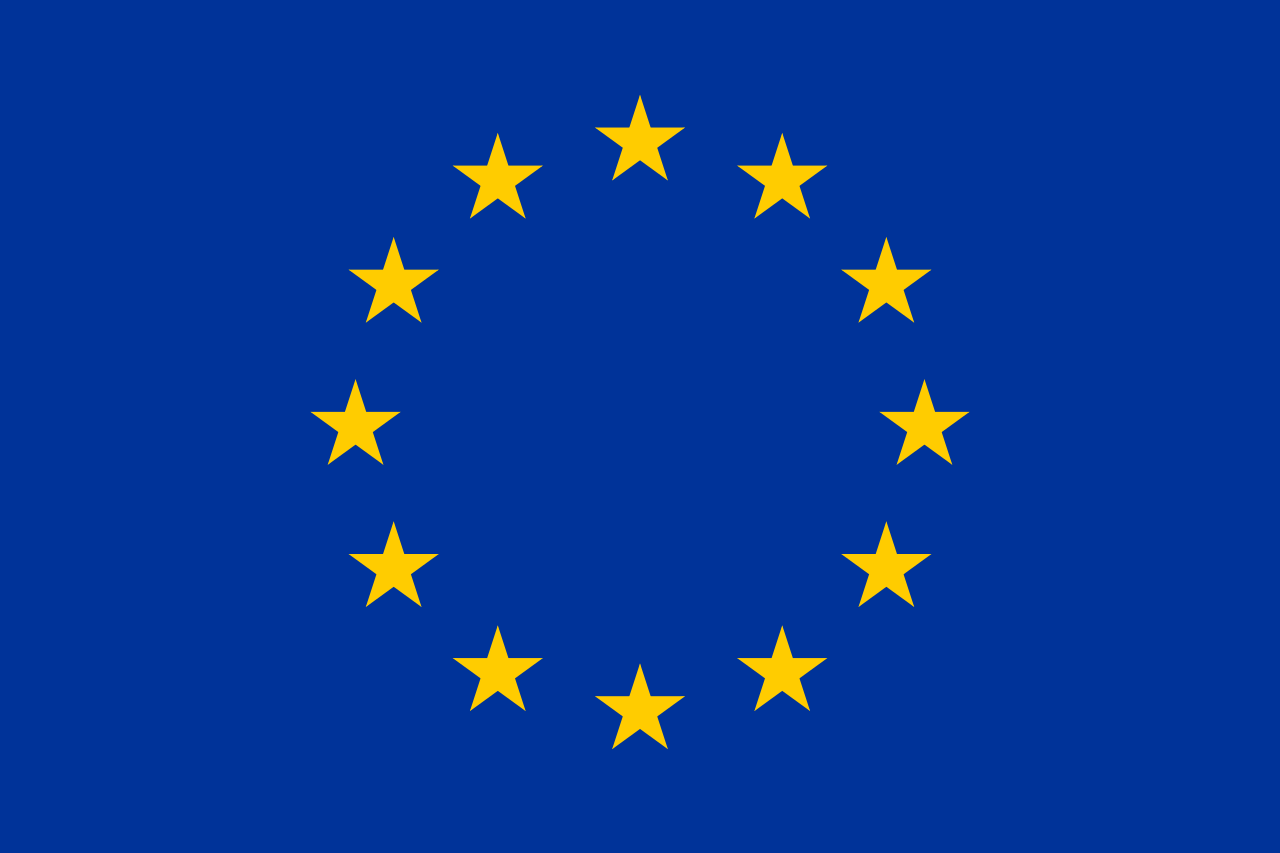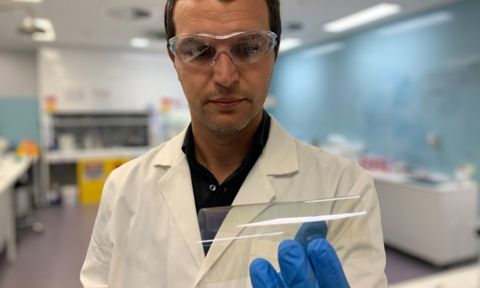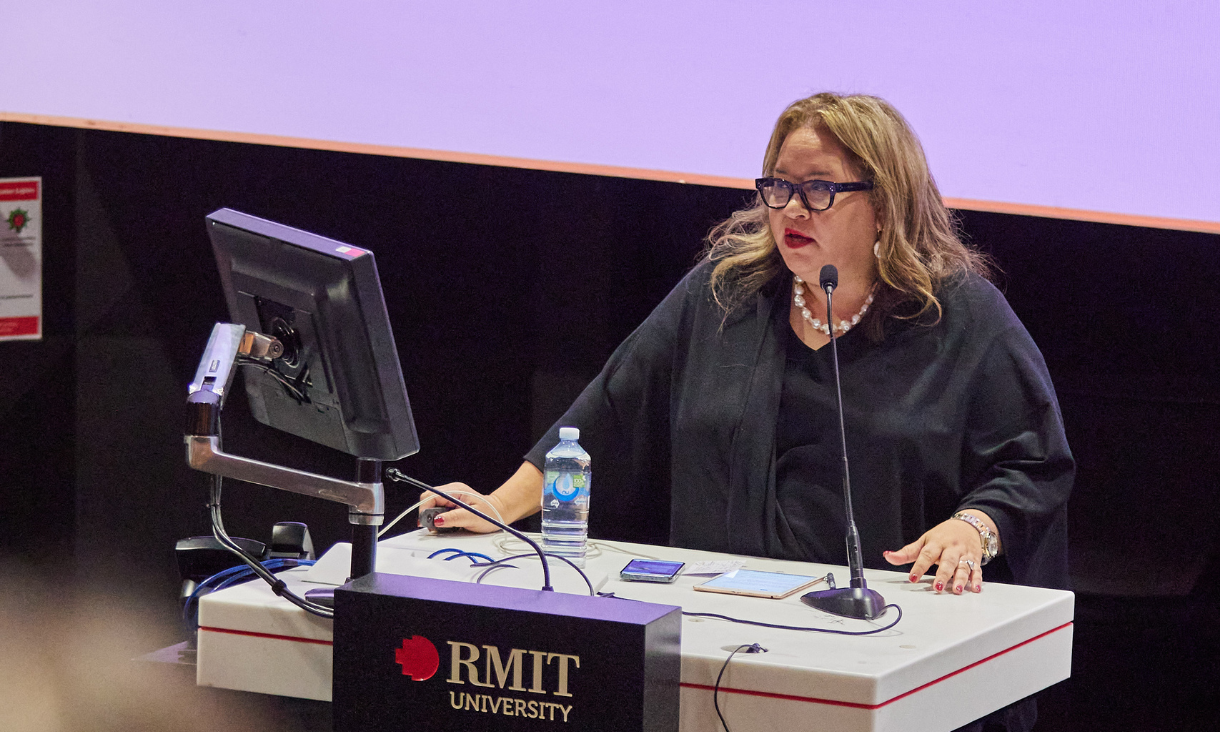Preparing for and embracing digital transformation is a highly relevant cross-sectoral concern – the ability to adapt to new technologies through suitable staffing, strategies, organisational design, processes and structures can mean the difference between success and failure in its implementation.
A common uncertainty for many businesses is how to adapt and prepare for a world of work increasingly affected and influenced by new technologies, and what digital evolution means for us as members of the workforce, and society at large.
The place of collaborative robots (cobots), the use of virtual and augmented reality, and human-machine interactions in the workplace are some of the hot topics to be tackled by the EINST4INE PhD researchers.
While robots have traditionally functioned away from humans, cobots are designed specifically to coexist alongside us, interact with us and share our workplace.
The researchers will examine the knock-on effect of introducing collaborative robots into the workplace: how we adapt to and cooperate with our non-human ‘colleagues’, and how their presence affects behaviour, from both the organisational and individual perspective.
Specific examples to be studied include the robo-advisor revolution and its impact on the skillset and competencies of financial advisors.
The insights uncovered over the next few years will provide useful information and knowledge on the adaption of digital technologies, and how to optimise the integration of new tools with the human workforce.
For full details of EINST4INE’s PhD vacancies, visit the EINST4INE website or job listing on EURAXESS.
EINST4INE is coordinated by RMIT Europe, the European hub of RMIT University.
The consortium comprises RMIT Europe (Spain), Lappeenranta-Lahti University of Technology LUT (Finland), Aarhus University (Denmark), University of Cambridge (UK), Universität Stuttgart (Germany), Scuola Superiore Sant'Anna (Italy) and Libera Università Internazionale degli Studi Sociali Guido Carli (Italy), as well as 15 industry and two academic partnering organisations: RMIT University (Australia) and the Garwood Center for Corporate Innovation, Haas School of Business, UC Berkeley (USA).
Project contact: Pauline Rasera, einst4ine@rmit.edu.au
RMIT University media contact: Hannah Tribe, hannah.tribe@rmit.edu.au





